Marius (1931)
“I long for distance places.”
|
Synopsis: |
|
Genres, Themes, Actors, and Directors:
Response to Peary’s Review: … “and his middle-aged friends, with their hats, pot bellies, and funny philosophizing and quibbling.” In his review, Peary shares more about the plot, which inevitably leads to spoilers — but he also simply notes that the “picture has warmth, humor, [and] marvelous acting by Raimu” in addition to being “one of the first films not only to deal with premarital sex but to make it seem natural.” He points out that “highlights include an affectionate scene between Cesar and his son (parental love is vital to the trilogy)”: … “and a card game between Cesar and his pals.” While it is slowly paced (and arguably needs to be seen with its trilogy counterparts for full appreciation), Marius remains a cornerstone of early French cinema, and should be seen once by all film fanatics. Notable Performances, Qualities, and Moments: Must See? Categories
Links: |
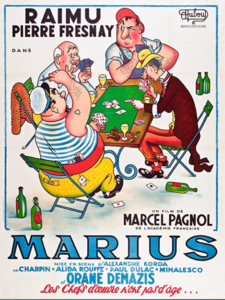
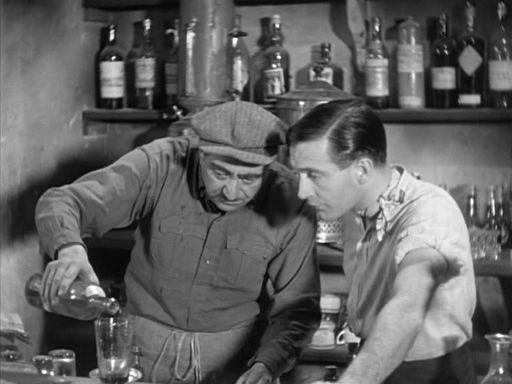
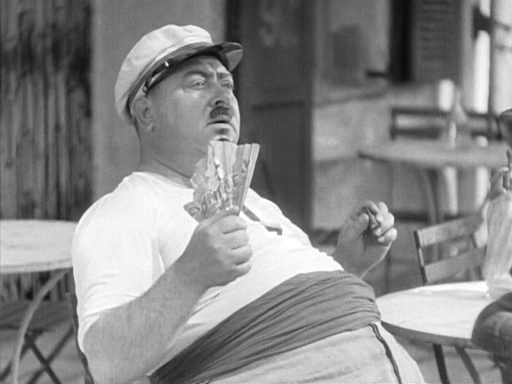


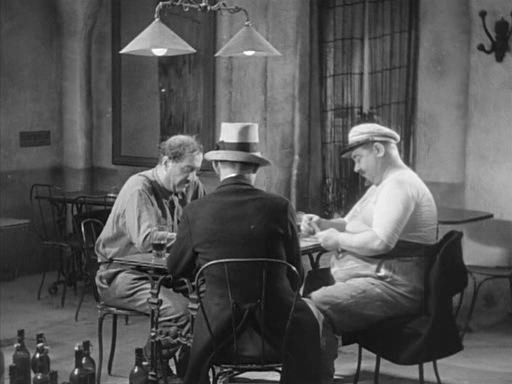
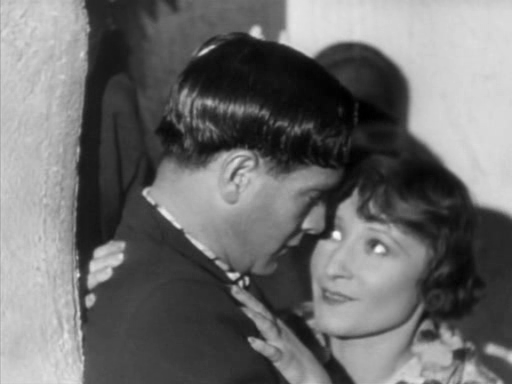
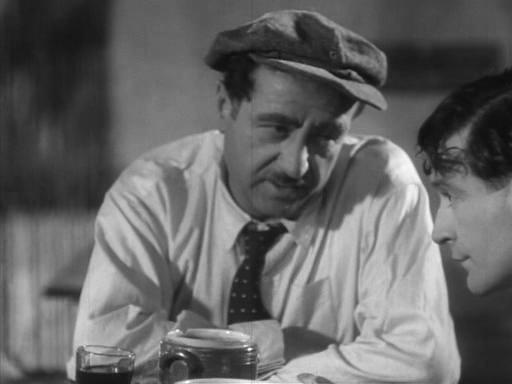
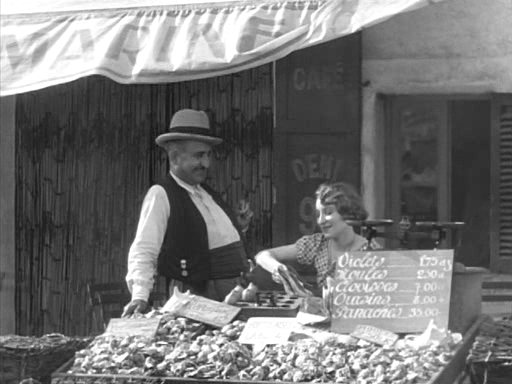
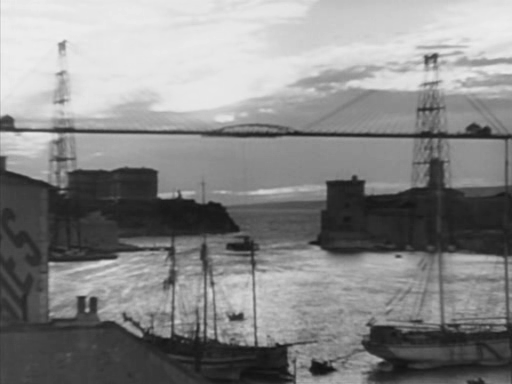
One thought on “Marius (1931)”
First viewing. Not must-see.
~ though I will admit that personal taste may have much to do with it. Personally, though there are exceptions, I’m generally not impressed with or moved by much in early French cinema. For me, French films more or less jumpstart in the ’40s (though, again, there are certainly exceptions).
In the case of this film (and this is a trilogy?; if the first part is any indication, yikes!), I find it little more than rambling (as well as uncomfortably static, as stated).
The thin, affairs-of-the-heart script doesn’t allow more than either precious or affected acting – and it’s just not that interesting.